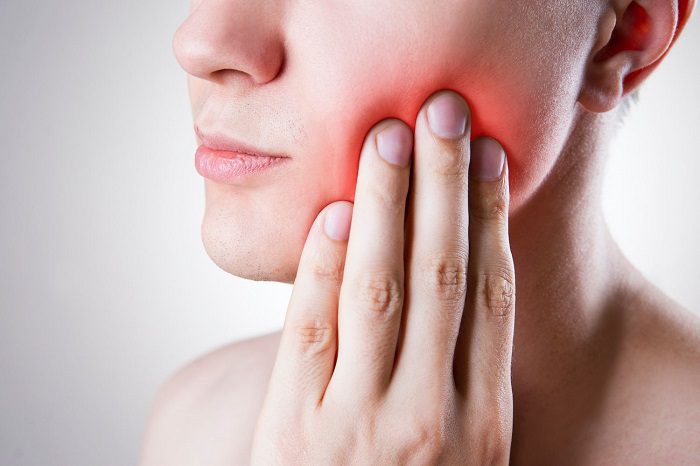If a dentist needs to remove a tooth to protect the rest of your smile, you will undergo a tooth extraction. The dentist will cut into the gums to pull the tooth out of the mouth, leaving a surgical site that will require downtime to heal.
As you recover, the site will form a natural blood clot. But if something disturbs the clot, it could shift to reveal exposed nerves and bone, resulting in a severely painful condition called dry socket. Your dentist will provide you with aftercare guidelines to ensure you do not form dry socket.
But if you do feel extreme pain or bleeding, contact your dentist right away for urgent treatment of this condition. It will not go away on its own. Read on to find advice from your dentist that can help you avoid dry socket after a tooth extraction procedure.

Practice Careful Oral Hygiene
After a tooth extraction, you will still need to continue good oral hygiene. Otherwise, you risk plaque hurting the rest of your smile and allowing bacteria to reach your surgical sites, putting them in danger of infection.
However, you will need to be careful when you brush your teeth near the surgical site. Harsh movement could dislodge or disturb the healing blood clot, which would then result in dry socket. And this condition will mean you need to return to your dentist’s office for emergency treatment.
Follow your dentist’s guidelines for caring for your smile following this procedure. They can ensure you keep your smile clean and healthy without hurting your healing sites.
Avoid Sucking Motions with Your Mouth
The combination of muscle movement and airflow that occurs when you perform a sucking motion with your mouth can easily disturb a healing blood clot at a tooth extraction site. So for this reason, a dentist will ask you to avoid using a straw for several days after this dental treatment. This way, you can eliminate a serious risk of dry socket.
The inhalation involved when smoking poses a similar risk to your surgical site. So your dentist will recommend that you stop smoking as you recover from a tooth extraction. To make abstaining from this habit easier, you should try limiting smoking prior to your oral surgery in preparation.
Stick to a Soft Diet
When you first return home after a tooth extraction and the anesthetics wear off, your mouth will likely feel sore. A dentist will offer pain management advice, but you will likely only feel up to eating soft-textured foods. Not only will this feel more comfortable on your mouth, but it will help you avoid dry socket.
Hard, sticky, and chewy foods could hurt your healing blood clot and give you dry socket. So avoid these types of foods for a few days. Stick to oatmeal, mashed potatoes, yogurt, or similar foods that will not hurt your smile.
A day after your procedure, you might feel ready to consume more solid foods. But you should switch back to soft foods if you notice any pain while eating.
